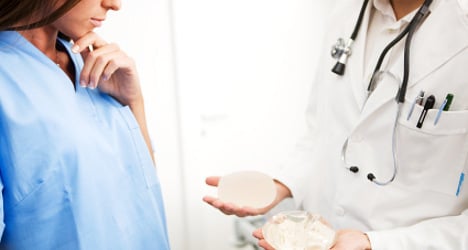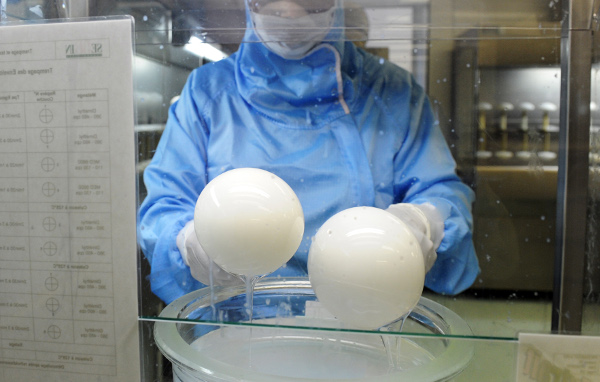The court in the southern city of Toulon ruled that TUV Rheinland had "neglected its duties of checking and vigilance" after having certified that implants made by Poly Implant Prothese (PIP) conformed to European safety rules – even though they were subsequently found to have been made of substandard, industrial-grade silicone gel.
TUV Rheinland had certified that implants made by French firm Poly Implant Prothese (PIP), but the gel caused abnormally high implant rupture rates, sparking a global scare in 2011.
Six distributors of the faulty implants from Bulgaria, Brazil, Italy, Syria, Mexico and Romania are suing TUV for €28 million ($38 million), as are more than 1,600 women who were fitted with the implants – most of them from South America but also from France and Britain.
The victims are asking for €16,000 euros each, taking the total claims against TUV to €53 million euros.
An estimated 300,000 women in 65 countries are believed to have received the faulty PIP implants, and more than 16,000 women have had them removed.
However health officials in various countries have said they are not toxic and are not thought to increase the risk of breast cancer.
Proceedings against TUV began in March and Thursday's ruling in a court in the southern city of Toulon, was issued in the presence of some of the plaintiffs.
This civil trial had come on top of a high-profile criminal court case that took place in April and May in the nearby city of Marseille against PIP founder Jean-Claude Mas and four other executives.
All five are charged with aggravated fraud for using the industrial-grade silicone in implants, and a ruling on that case is expected on December 10th.
In the TUV case, lawyers for the distributors and victims had condemned the German firm for not ever having checked the implants despite all the means at their disposal, such as unexpected inspections or sample testing.
But lawyers for TUV had retorted that it was never the German firm's job to check the actual implants, and their task was only to inspect the manufacturing process.
The substandard gel was found in 75 percent of PIP breast implants, saving the company about €1 million annually, according to an ex-company executive.
The firm has since been liquidated.



 Please whitelist us to continue reading.
Please whitelist us to continue reading.
Member comments